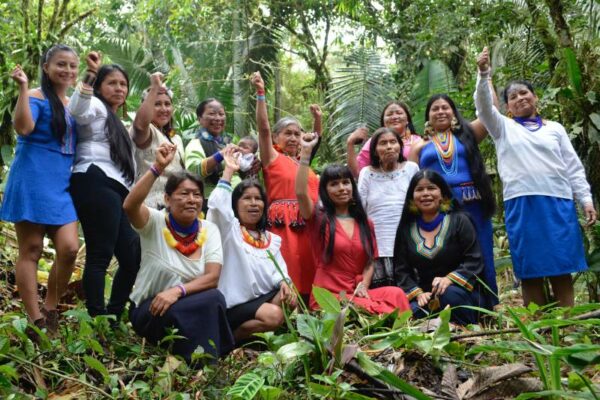It’s yesterday once more in Ecuador. The government’s coalition has dissolved, reforms mandated by the International Monetary Fund (IMF) have run into determined opposition, and oil concessions that failed to generate
bids have been put back on the auction block.
The latest crisis coincides with what was expected to be a hopeful time for Ecuador – crude has begun flowing through the newly completed Oleoducto de Crudos Pesados (OCP), and exports of the new, Napo grade of heavy crude should begin in the next month and a half.
The opening of the OCP was supposed to have allowed production to double, to almost 800,000 barrels a day, but tax disputes led foreign companies to slash investment even as a budget shortage all but eliminated Petroecuador’s
ability to up its production. Even so, about 170,000 b/d to 220,000 b/d in increased crude exports could add 1.5%-2.5% to Ecuador’s gross domestic product, estimates UBS Warburg economist Michael Gavin.
Differences over IMF-mandated reforms caused President Lucio Gutierrez to part ways this month with an indigenous political party that helped bring him to power. He’s left with fewer than ten votes in the 100-seat Congress – one of which is held by his estranged wife – and few prospects for building a new coalition. Thursday, indigenous groups rallied in Ecuador’s cities, and Gutierrez threatened to respond “with force” if unrest ensued. But his survival may be helped by infighting among his opponents – the Confederation of Indigenous Nations of Ecuador (Conaie), whose political wing left the Gutierrez coalition, did not endorse the street protests.
“I don’t have a Chicken Little approach on this yet,” said an American observer in Quito. He, and other analysts, agreed Gutierrez might muddle through by building coalitions around specific pieces of legislation before Congress. Under this scenario, Gutierrez would maintain his post but be unable to pass controversial measures, including the customs, tax, and civil service revamps sought by the IMF. Ecuador cannot afford annual debt payments if the IMF and other multilaterals withdraw support. Nor can it afford political chaos to the extent of retreating from dollarization, which could shrink the economy to $15 billion – the level before Ecuador adopted the dollar – from $26.5 billion this year, Gavin says.
Gutierrez might try to counter the Conaie (which represents mostly Andean communities) by reaching out to other indigenous groups, including the roughly 20,000 people who live in Amazon regions. Their support might be “for optics” – in other words, important for its symbolic value – says the Quito-based observer. Less clear is the price of that support. Opposition by local peoples to opening oil blocks in the Amazon was partially responsible for the complete failure of Ecuador’s ninth bidding round, since the Amazon blocks, which were withdrawn by the government, were considered the most fruitful. The latest licensing round may fizzle out if the Amazon blocks are
once again excepted (OD Aug.19,p11).













